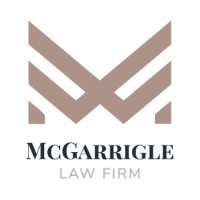 Atglen White Collar Crime Lawyers, Pennsylvania
Atglen White Collar Crime Lawyers, Pennsylvania
Sponsored Law Firm
-
 x
x

Click For More Info:
-
The McGarrigle Law Firm
1500 Walnut Street, 22nd Floor Philadelphia, PA 19102» view mapWhite Collar Crime, Criminal Appeals, DUI&DWI Trial Experience & Zealous Advocacy
The Firm’s devoted attention to your individual concerns, our vast trial experience in all types of criminal matters, and our skillful advocacy will ensure that your rights are protected.
800-934-5330
Sponsored Lawyers
1-7 of 7 matches
Military & Veterans Appeals, White Collar Crime, DUI-DWI, Criminal
Attorney Daniel McGarrigle is an aggressive advocate and experienced litigator; he has tried hundreds of cases and handled all types of criminal matters, from misdemeanors to major felony trials. Mr. McGarrigle prides himself on preparing every aspect of every case for trial and has spent his entire career practicing solely criminal defense. Clients know that Daniel McGarrigle is a very responsive attorney, keeps client fully informed, and always gets back to them in a timely manner.
(more)



 Daniel McGarrigle Philadelphia, PA
Daniel McGarrigle Philadelphia, PA TestimonialsRecent Reviews
TestimonialsRecent Reviews Contact UsCall or Email
Contact UsCall or Email


